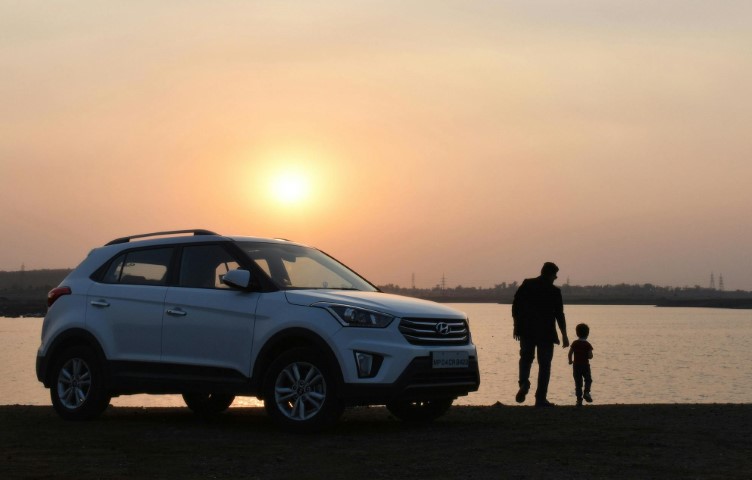 Recently, the age-old debate between leasing vs buying vehicles has gained a fresh dimension, especially among families. With evolving lifestyle preferences and financial strategies, many are weighing their options meticulously before committing to a vehicle. While ownership once reigned as the ultimate symbol of stability and success, a growing number of families now lean towards leasing.
Recently, the age-old debate between leasing vs buying vehicles has gained a fresh dimension, especially among families. With evolving lifestyle preferences and financial strategies, many are weighing their options meticulously before committing to a vehicle. While ownership once reigned as the ultimate symbol of stability and success, a growing number of families now lean towards leasing.
The Rise of In Stock Car Leasing
So, why the shift? As the automotive market adapts to meet consumer demands, in stock car leasing has emerged as a viable option for many families seeking immediate access to vehicles. This option allows them to quickly choose from available models without waiting for manufacturing and delivery delays, helping them to meet their immediate transport requirements efficiently. The appeal of leasing vs buying is evident: it offers families the opportunity to drive new, well-maintained vehicles with relatively lower monthly payments compared to purchasing the same car.
Leasing also eliminates the concern of depreciation. Families can change vehicles every few years, always staying up-to-date with the latest models and technology. This flexibility ensures peace of mind in knowing they won’t be stuck with a vehicle that’s lost significant value or become outdated.
Financial Considerations
When it comes to the financial aspect, leasing vs buying offers an attractive proposition. Unlike purchasing, which requires a significant upfront investment or a hefty loan, leasing typically involves a lower initial payment and more manageable monthly payments. This setup allows families to allocate their savings toward other priorities, such as education, travel, or home improvements.
Furthermore, leasing often includes maintenance packages. This can be a significant advantage for families who are mindful of their budgets, as they need not worry about unexpected repair costs that may arise during the lease period. In contrast, owning a car means the responsibility for all maintenance costs falls squarely on the owner’s shoulders, making it a potential financial burden as the car ages.
Lifestyle Flexibility
The modern family tends to prioritise flexibility and adaptability. Whether it’s relocating due to a job change, expanding the family, or simply desiring a change in lifestyle, leasing provides the opportunity to adjust vehicle choices without the hassles of selling or trading in a car. This degree of mobility allows families to select a vehicle that’s perfectly suited to their current needs, whether it’s a spacious SUV for a growing family or a compact car for city living.
Another lifestyle advantage is the access to environmentally friendly options. As the automotive industry shifts towards electric and hybrid vehicles, families have the choice to lease the latest eco-friendly models without the long-term commitment of purchase. Leasing allows families to make greener choices easily and adapt quickly as new sustainable technologies become available.
Technological Advancements
In a world where technology evolves rapidly, the modern vehicle is no exception. From advanced safety features to state-of-the-art infotainment systems, technology can significantly enhance the driving experience, particularly for families. Leasing ensures that individuals can benefit from these advancements sooner rather than later. Instead of sticking with the same vehicle for years and missing out on new features, families can lease a car that includes the latest innovations, offering added safety, comfort, and connectivity.
The Emotional Value of Ownership
Despite the many advantages of leasing, it’s essential to acknowledge the emotional value that some families still place on car ownership. Owning a vehicle can instil a sense of pride and achievement. For those who view a car as an investment rather than a temporary asset, the notion of leasing may not resonate.
Moreover, once a car loan is fully paid off, the owner enjoys the benefit of no monthly payments, which can be financially freeing. However, given the high pace of lifestyle changes and technological advancements today, many families are finding that the traditional attachment to car ownership is becoming less critical compared to the benefits of flexibility.
Conclusion
In conclusion, as families increasingly prioritise flexibility, convenience, and financial prudence, leasing has found a growing audience among those who once preferred owning. It offers a unique blend of benefits that cater to the dynamic needs of modern family life, allowing them to thrive in today’s fast-paced world.
Whether it’s the financial ease, the lifestyle adaptability, or the access to cutting-edge technology, leasing vs buying presents an appealing alternative to the complexities of ownership. As the market continues to evolve, it will be interesting to see how these trends shape the automotive decisions of families in the UK and beyond.










